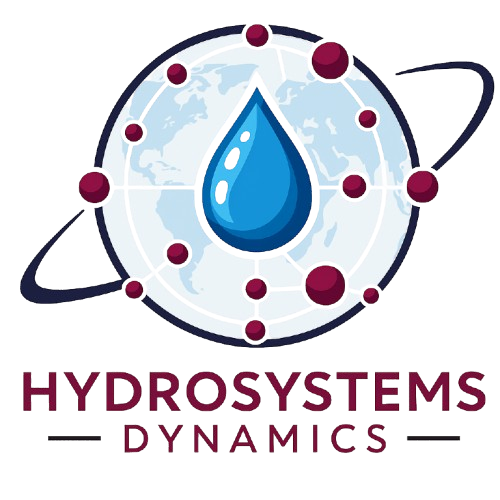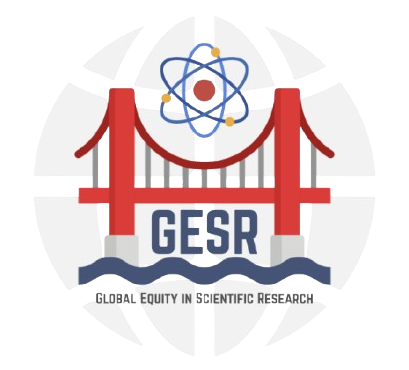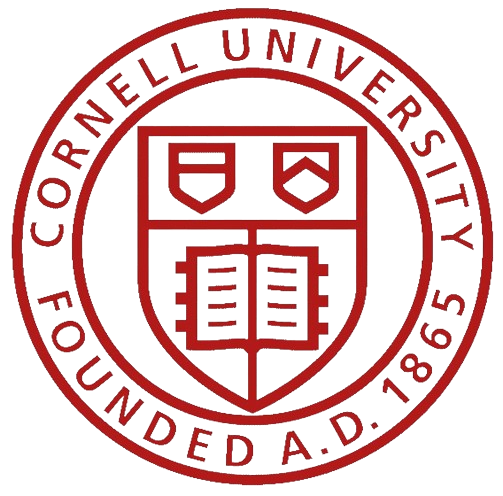About Hisham


Hisham Eldardiry
Hisham Eldardiry (HD) is a Computational Hydrologist and Hydrosystems Engineer whose research advances the modeling of complex hydrosystems to better understand their intrinsic and extrinsic dynamics. His expertise has contributed to addressing global water security challenges across transboundary river systems, including the Nile (Africa), the Mekong (Asia), and the Columbia (North America). He is currently a Postdoctoral Research Associate at the Critical Infrastructure Systems (CIS) Lab at Cornell University and holds a Lecturer appointment (equivalent to Assistant Professor) at Alexandria University in Egypt.
- (2021) PhD in Civil and Environmental Engineering
- (2016) PhD in Systems Engineering
- (2014) MSc in Civil Engineering
- (2010) BSc in Civil Engineering
Download Two-Page Resume
Download Curriculum Vitae (CV)
Research

Hisham is launching the Hydrosystems Dynamics Lab (HD Lab) as a leading research hub dedicated to providing tools, models, and knowledge that advance research and education in computational hydrology and hydrosystems engineering. The HD Lab is guided by a research agenda aimed at fostering advancements in both fundamental and applied science through three core thrusts:
- Modeling Complex Hydrosystems: Advancing modeling capabilities of complex hydrosystems using computational (e.g., physics-based, and data-driven models) and remote sensing techniques.
- System Dynamics and Water-Energy Nexus: Understanding the dynamics of hydrosystems, both independently and as
an interconnected nexus with energy systems, at regional and
global scales.
- Infrastructure Resilience to Hydroclimatic Extremes: Enhancing infrastructure resilience to hydroclimatic extremes
in coupled human–natural systems, while addressing the compounded stressors of climate change,
transboundary river systems, and geopolitical complexities.
Science Impact
A key focus of HD Lab research involves
translating findings into impactful practices,
aiming to inform decision-making and catalyze societal change. Inspired by research challenges in developing nations,
Hisham introduced his initiative for “Global Equity in Scientific Research” (GESR), drawing its essence from the Arabic word for “bridge”.
The GESR vision is grounded in the firm belief that every individual, regardless of background,
should have equal access and meaningful participation in the global scientific research.
HD's efforts to support GESR vision are centered around capacity building at three
levels of practice: academia, stakeholders
and policy makers, and the public.
As part of HD's commitment to capacity building,
Hisham actively engages in diverse outreach and public engagement activities.
Teaching
Hisham’s Teaching Philosophy is anchored on the SCOPE values (Supportive, Conciseness, Organized, Practicability, and Engaging) and reflects a dedication to cultivating an active learning environment, fostering interdisciplinary courses, and promoting inclusive education. His diverse teaching experiences across multiple institutions have strengthened his pedagogical skills and enabled him to effectively teach a wide range of courses in Hydrology, Hydraulics, and Water Resources Engineering.









